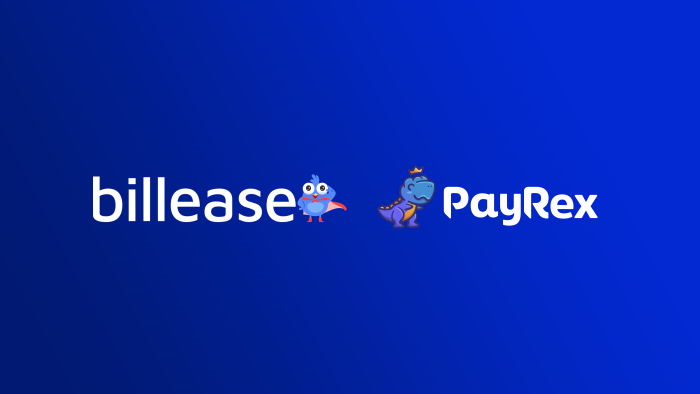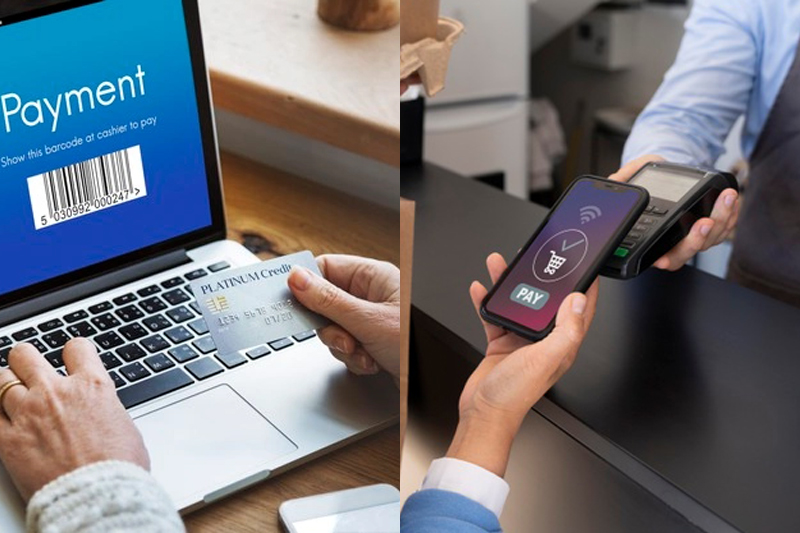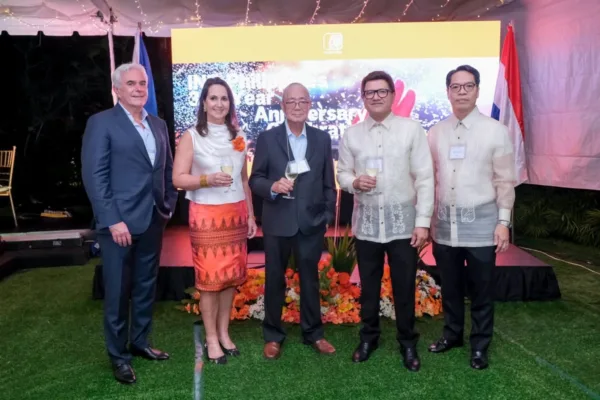PayRex, a fast-growing payments platform in the Philippines, is now bringing BillEase’s “buy now, pay later” (BNPL) service to thousands of merchants across the country.
This move further democratizes access to consumer credit for Filipinos, giving both shoppers and businesses more flexibility in how they pay and get paid.
Expanding merchant access

Through its partnership with BillEase, PayRex is rolling out BNPL capabilities to a much larger merchant base. This isn’t just limited to big online stores — small and medium enterprises (SMEs) that work with PayRex can now offer installment and pay-later options to their customers.
The integration helps merchants attract more buyers, especially those who prefer to spread their payments, while maintaining simple payment-processing workflows.
By embedding BillEase within PayRex’s infrastructure, merchants get a seamless way to offer credit at the point of sale without having to build their own lending platform. For BillEase, this expands their reach into retail and e-commerce channels, tapping into PayRex’s existing network.
Benefits for consumers

For Filipino consumers, this new PayRex–BillEase integration means more ways to manage cash flow and make purchases that might otherwise stretch their monthly budget. BNPL is especially appealing for higher-value items or when cash is tight, and this partnership makes it more available at their favorite stores — both online and offline.
Moreover, BNPL is increasingly being recognized not just as a payments innovation, but a tool for financial inclusion.
When more merchants adopt BNPL — including those underserved by traditional credit — more consumers can access short-term financing without going to informal lenders or taking on high-interest debt.
Opportunities and Risks for Merchants

On the merchant side, offering BillEase via PayRex presents an opportunity to increase both average order value and conversion rates. Because customers can defer payments or pay in installments, they may feel more comfortable buying higher-priced products or services. This could drive sales growth, especially among price-sensitive shoppers.
However, increased use of BNPL comes with risks. Merchants need to carefully manage credit risk, defaults, and the operational costs of integrating financing. PayRex and BillEase will also have to work together to ensure that underwriting is sound and that consumer protection is upheld — particularly in a market where financial literacy varies widely.
Implications for Philippine fintech

By scaling BNPL through a well-connected payments provider like PayRex, BillEase strengthens its position in the Philippine fintech landscape. This collaboration exemplifies how embedded finance (i.e., integrating lending into payment platforms) can drive financial innovation in Southeast Asia.
At the same time, this move is aligned with broader trends in PH fintech: increasing digital payments adoption, rising demand for credit alternatives, and a push for more inclusive financial services. The PayRex–BillEase partnership could be a model for other fintech players looking to embed lending into commerce.
Ultimately, PayRex’s decision to partner with BillEase signals a maturation of the BNPL space in the Philippines. It’s a win-win for consumers who need flexible payment options and for merchants seeking to tap into this growing credit demand — but both sides must tread carefully to balance growth with responsible lending.








